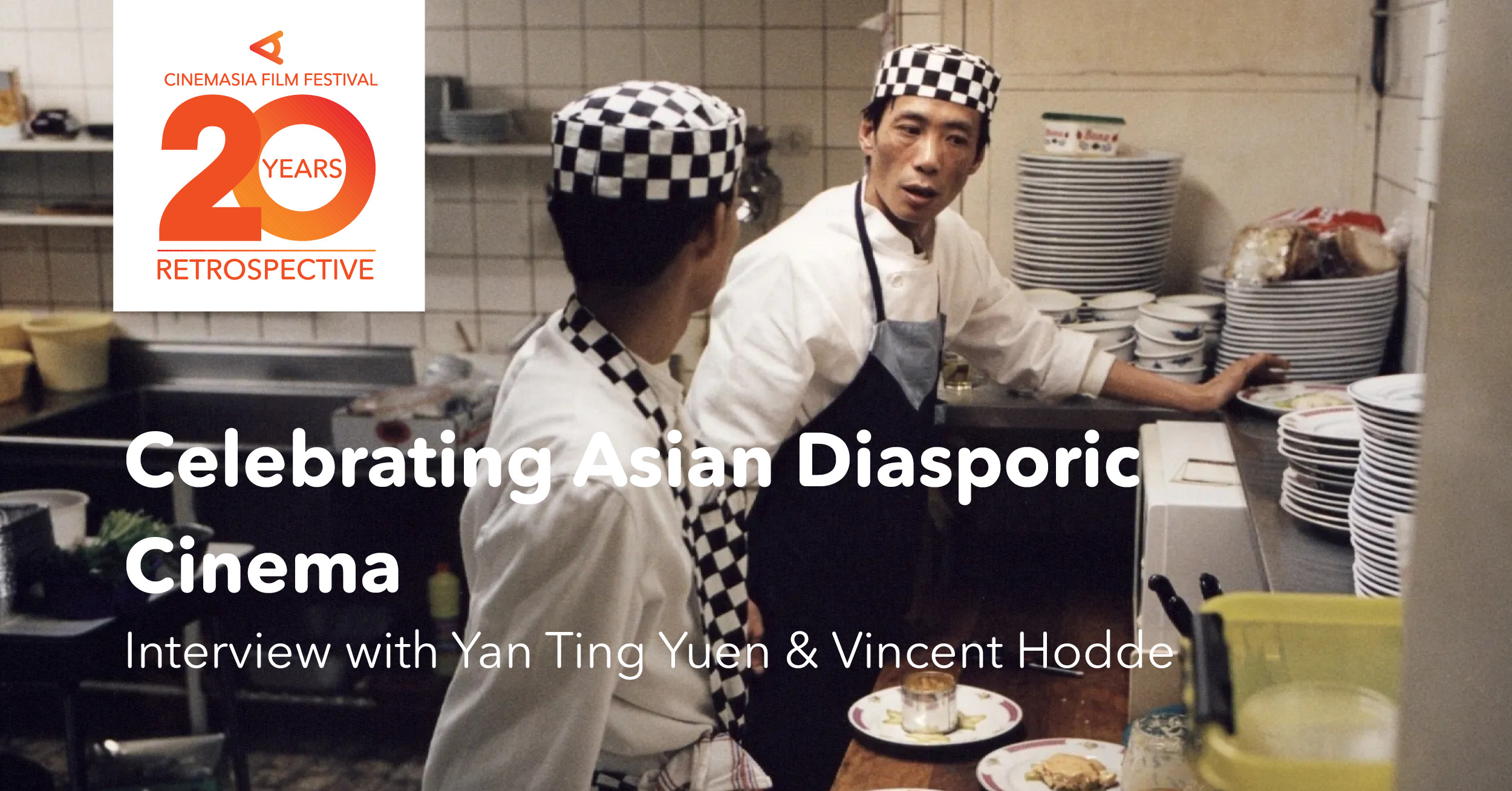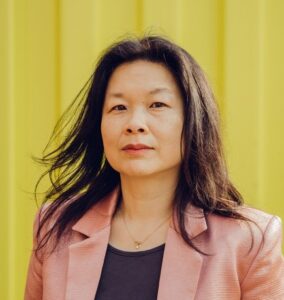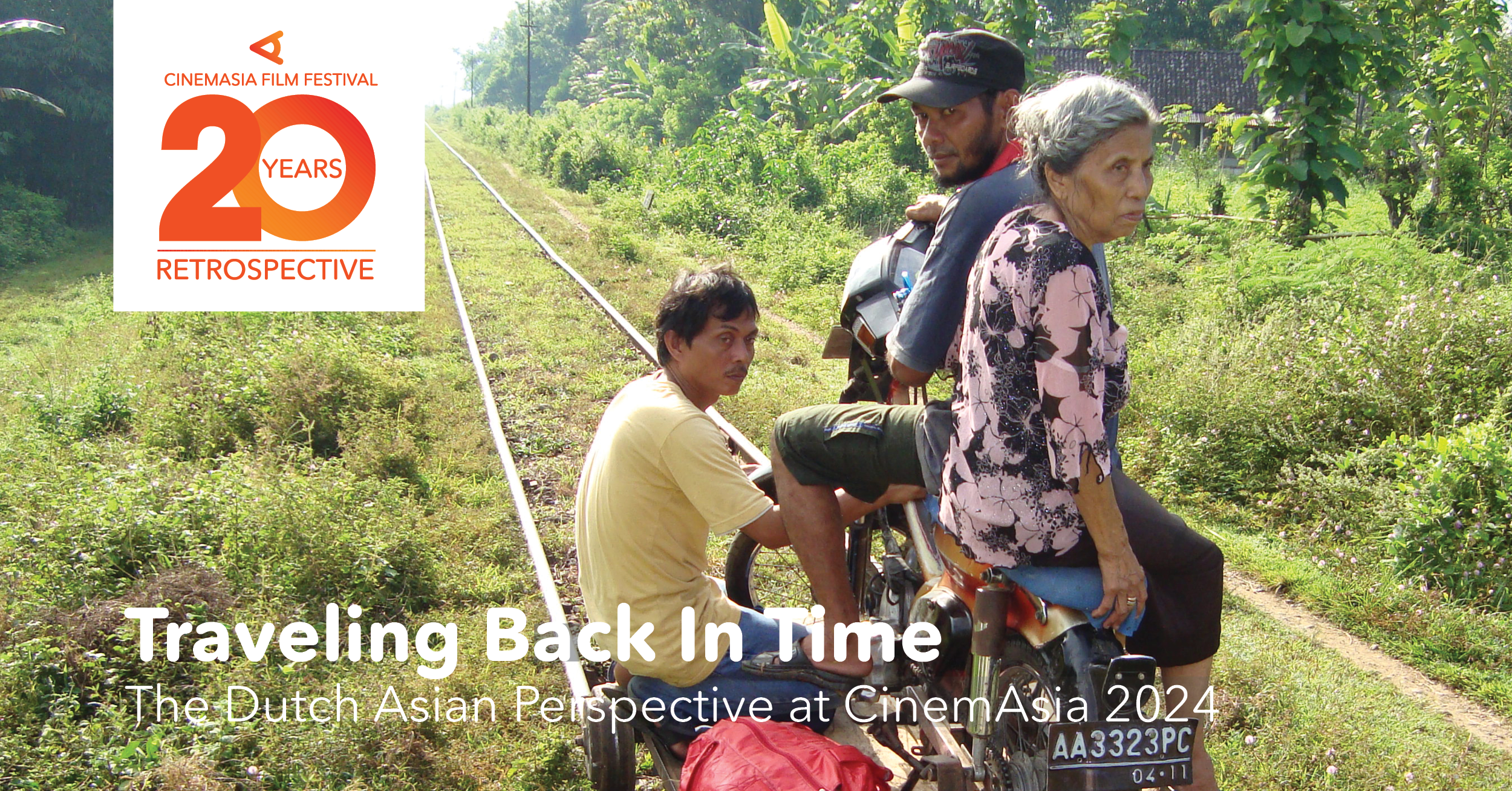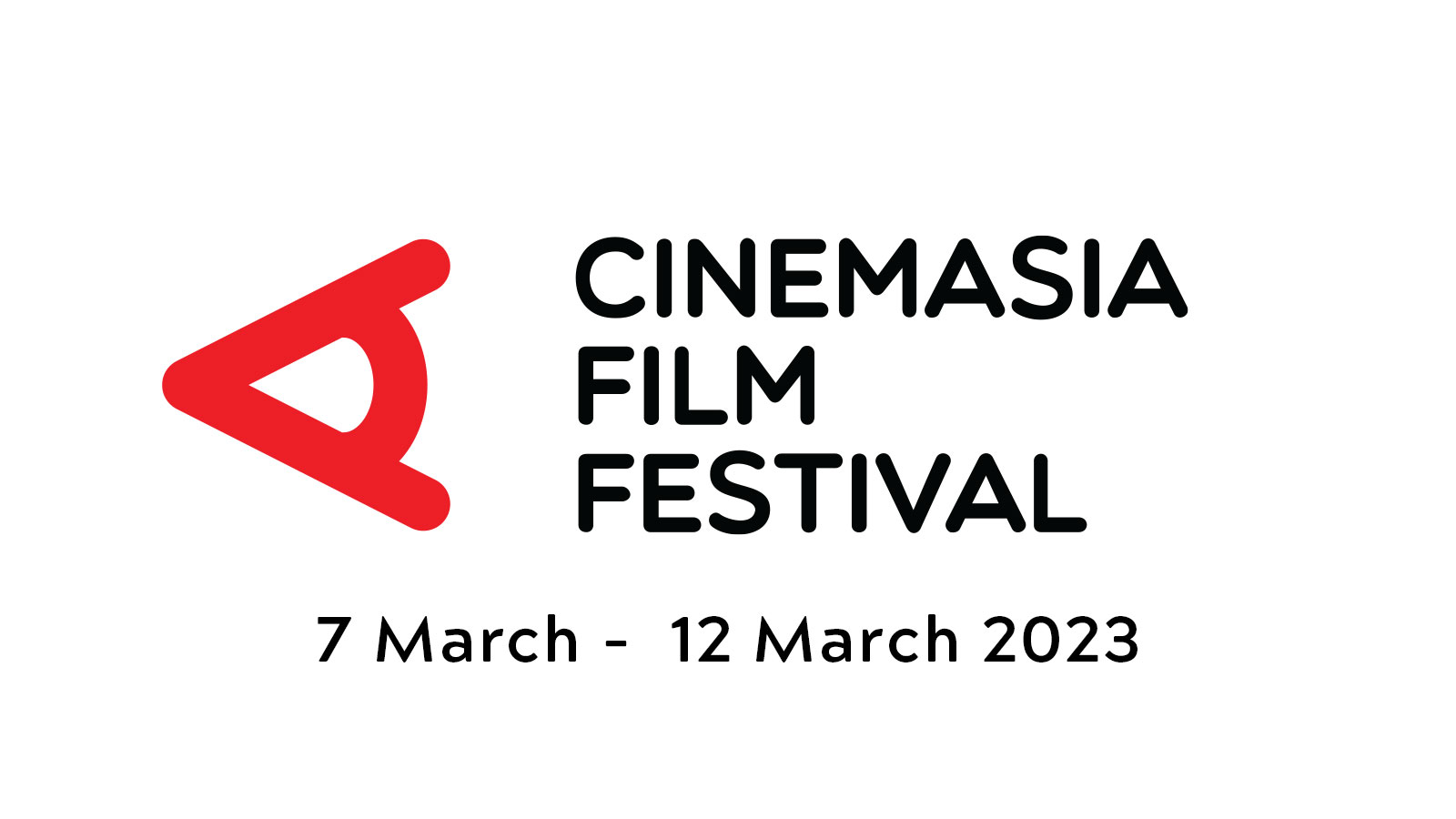
Celebrating Asian Diasporic Cinema
CinemAsia not only aims to bring the best of contemporary Asian cinema to the Netherlands, but also seeks to help support the stories of the Asian Diaspora. The word diaspora refers to the “movement or migration of people away from an established or ancestral homeland.” Asian diasporic cinema reminds us, as Prof. Jeroen de Kloet and Dr. Yiu Fai Chow beautifully describe in our 2010 program booklet, that Asia is not just a continent super far away from Europe, but also and always located within the Netherlands as well. It is diasporic cinema that defies the idea of fixed cultural boundaries, creating stories that are worth telling and worth listening to. Which is why Asian Diasporic Cinema has always been an important part of our festival and this year no different!
This upcoming festival too, you can expect to see a nice selection of Dutch Asian Diasporic Cinema. Each of the films telling captivating stories about dreams, identity and belonging, selected by our film programmer Vincent Hodde.

Programmer Vincent Hodde
Vincent: “The films selected for our Asian Diasporic Cinema category, take us back in time, towards the early 2000s. Each of them being important milestones in the history of Dutch Asian Diasporic cinema. Diaspora is a very complex term, but it implies the movement of people away from where they are “originally” from. The world knows many diaspora communities. The Netherlands has a large Indonesian and Dutch-Indonesian, as well as Chinese diaspora. Their stories need to be told, and the best way to do so is by letting the community tell their own story, from their own perspective.
It took quite some time before the diaspora in the Netherlands got their voices heard. Asian Diasporic Cinema in the Netherlands started to slowly develop around the 2000s, so not that long ago. The film JACKY by director Fow Pyng Hu, for instance, was one of the first Chinese diaspora films from the Netherlands and was released in the year 2000. What is special about JACKY is that it was one of the few films from the Netherlands that made it to the famous film festival Cannes. JACKY, therefore, has an artistic quality that speaks to the imagination. In 2006, In-soo Radstake released his film MADE IN KOREA: A ONE-WAY TICKET SEOUL-AMSTERDAM?, one of the first Dutch films that spoke about adoption from Asia to the Netherlands from the perspective of an adoptee. This was very new at the time and, therefore, another milestone. Another prominent filmmaker is Yan Ting Yuen, who made her first documentary CHIN.IND.; LIFE BEHIND THE SERVING HATCH in 2001. Nowadays, we might live in a time where inclusivity and diversity stand high on the agenda, but I feel like these filmmakers and films have been a turning point, paving the way for a new generation filmmakers to share their stories and to let other voices be heard. The films selected for this year’s festival such as JACKY, MADE IN KOREA and CHIN.IND.; LIFE BEHIND THE SERVING HATCH shouldn’t be overlooked when it comes to the history of cinema in the Netherlands.”
In addition to Yan Ting Yuen’s documentary CHIN.IND.; LIFE BEHIND THE SERVING HATCH, her new feature Telefilm HAPPY PALACE will be this year’s opening film. It is an eccentric dramedy in which the persistent clichés in front and behind the serving hatch of Chin. Ind. family restaurant Happy Palace are fought with taste.

Filmmaker Yan Ting Yuen
Yan Ting: “I started off as a documentary filmmaker, CHIN.IND.; LIFE BEHIND THE SERVING HATCH being my debut film. It was my first documentary for which I received a Gouden Kalf nomination. It showed a melancholic portrait of a Chinese family somewhere in the Netherlands and gave a glimpse behind the serving hatch from the point of view of the older generation. Fast forward to today, almost 24 years later, my first work of fiction HAPPY PALACE centers on “the” Chin.Ind. restaurant again. This time from another perspective. I felt less melancholy and wanted to give the new generation a voice. What is it like for us to be part of Dutch society and how are we trying to break away from the same restaurant that keeps drawing us back in? I wanted to tell this story in a refreshing and different way by mixing genres. The nice thing about fiction is that you can go all out and even though I feel like the best stories are based on reality, fiction allows you to exaggerate this reality and create a new one. In fiction, you can wonderfully express all your imagination.
For HAPPY PALACE, I envisioned a ‘Crazy Rich Asian’ type of production process. Involving as many Asians as possible, both in front of the camera and behind the scenes. With lead roles exclusively for Chinese-Dutch actors. Director Nicole van Kilsdonk and producer Janneke Doolaard dedicated themselves 100% behind the scenes to assemble the largest possible Asian cast and crew. We didn’t settle for the ‘usual suspects’ and searched extensively until we found both established and new talents, giving them an opportunity to work on a professional film set. Another dream of mine was, aligned with Chinese tradition, to hold a ‘first shooting day ceremony,’ where the entire cast and crew, with incense and a roasted pig, would pray to the gods for favorable shooting conditions. Everyone participated. I had never been on a set with so many Asians in the Netherlands before and found that truly moving.
I am happy to see that the new generation is increasingly asserting its own voice and place in Dutch society. For too long, you could find us in various professions ‘behind the scenes,’ but when it came to taking the forefront, such as in media, politics, film, or the cultural sector in general, there were few genuine Asian stories or role models. Luckily, this is changing. I see many Asian faces in advertising, two very successful plays: BANANEN REPUBLIEK and HAPPY IN HOLLAND performed in Dutch theaters and the Chinese short film HET OPTREDEN which received a Gouden Kalf nomination. And now, finally a full Chinese-Dutch film: HAPPY PALACE can be added to the list.
I think people like to see stories that are, on the one hand, relatable but, on the other hand, something new. I truly believe that the Dutch audience is ready for more Asian Diasporic stories. However, it remains challenging to convince the decision makers, who often still rely too much on “previous proven results”. This puts a hold on innovation. Sometimes, you will have to take risks and dare to chart a new course. Otherwise, we will keep repeating the same stories, the same faces, the same rut on Dutch mainstream TV and film.”
Yan Ting Yuen is no stranger to CinemAsia Film Festival and has even been a board member in the early days of the festival from 2006 until 2010. She also was a mentor for CinemAsia FilmLAB, a talent development program through which new film talent with Asian roots get to produce their own short film.
Yan Ting: “For the past 20 years, CinemAsia has been a safeplace for Asian Cinema and Asian people. FilmLAB has always been a nice cultural hub to learn how to make films and for me guiding people who are still new to the filmmaking craft has been a beautiful experience. Moreover, the premieres and screenings at the festival are always a delightful celebration. CinemAsia has been of significant importance for the Asian diaspora in the Netherlands. Although it is a relatively small festival, for 20 years it has been fully Asian, both in front and behind the scenes, even before the term inclusion existed. CinemAsia truly is something, for both Dutch and Asian-Dutch people, to cherish and appreciate.”
Author: Aubrey van Leeuwen




